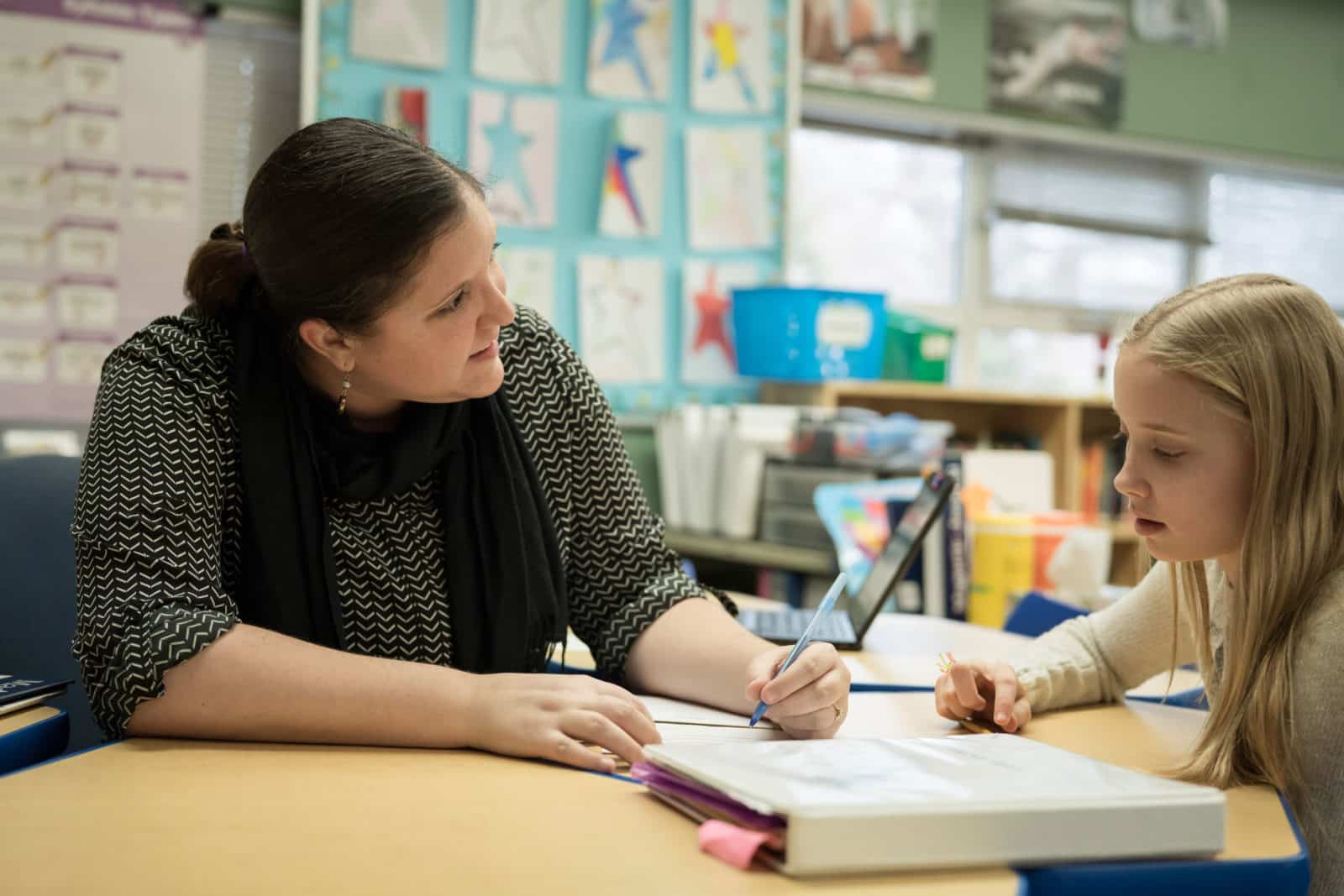In today's globalized world, multilingualism is becoming increasingly important. Being able to speak more than one language has many benefits, from better job opportunities to improved cognitive function. For children, learning a second language can have a positive impact on their academic performance and social skills. However, not all children find it easy to learn a second language. This is where speech and language therapies can help.
What is Multilingualism?: Multilingualism refers to the ability to speak more than one language fluently. This can be as a result of growing up in a bilingual household, attending a school that teaches in two or more languages, or actively learning a second language. Multilingualism is common in many parts of the world, with over half of the world's population speaking more than one language.

The Benefits of Multilingualism for Children: There are many benefits to being multilingual, particularly for children. Studies have shown that bilingual children have better cognitive function than monolingual children. This is because their brains are constantly switching between languages, which improves their ability to focus and problem-solve. Additionally, bilingualism has been linked to better academic performance, particularly in subjects such as math and science.
How Speech and Language Therapy Can Help: Speech and language therapy can be extremely helpful for children who are learning a second language. Speech and language therapists (SLTs) are trained to assess and treat speech and language disorders. They can work with children to improve their language skills, including their ability to learn a second language.